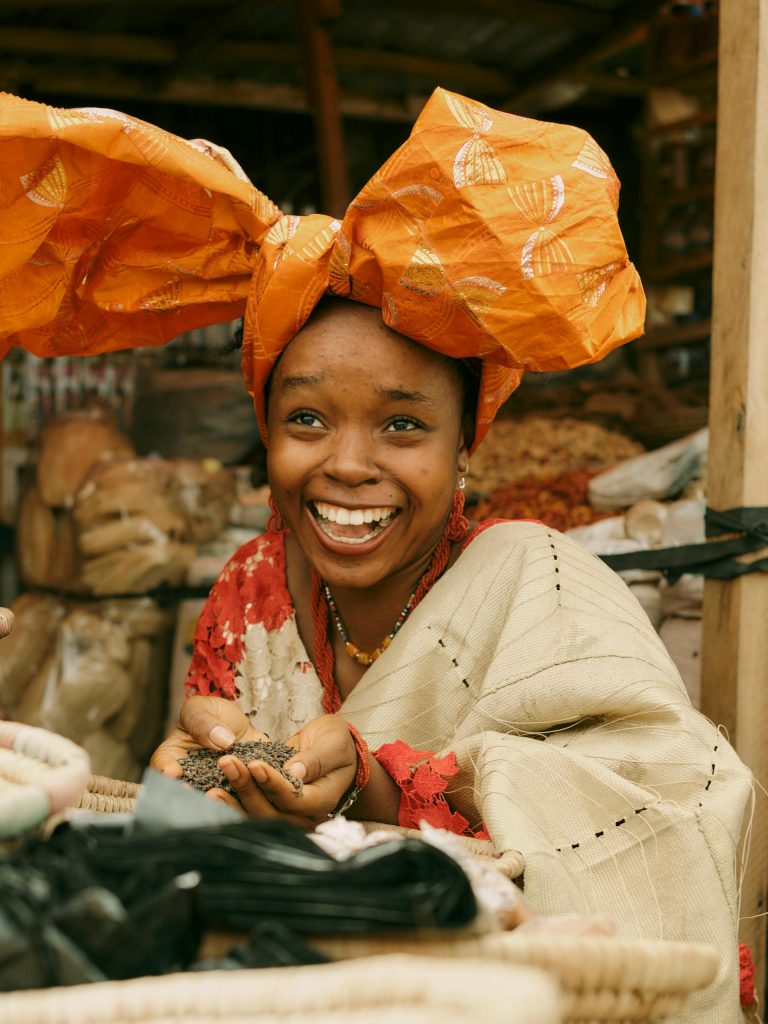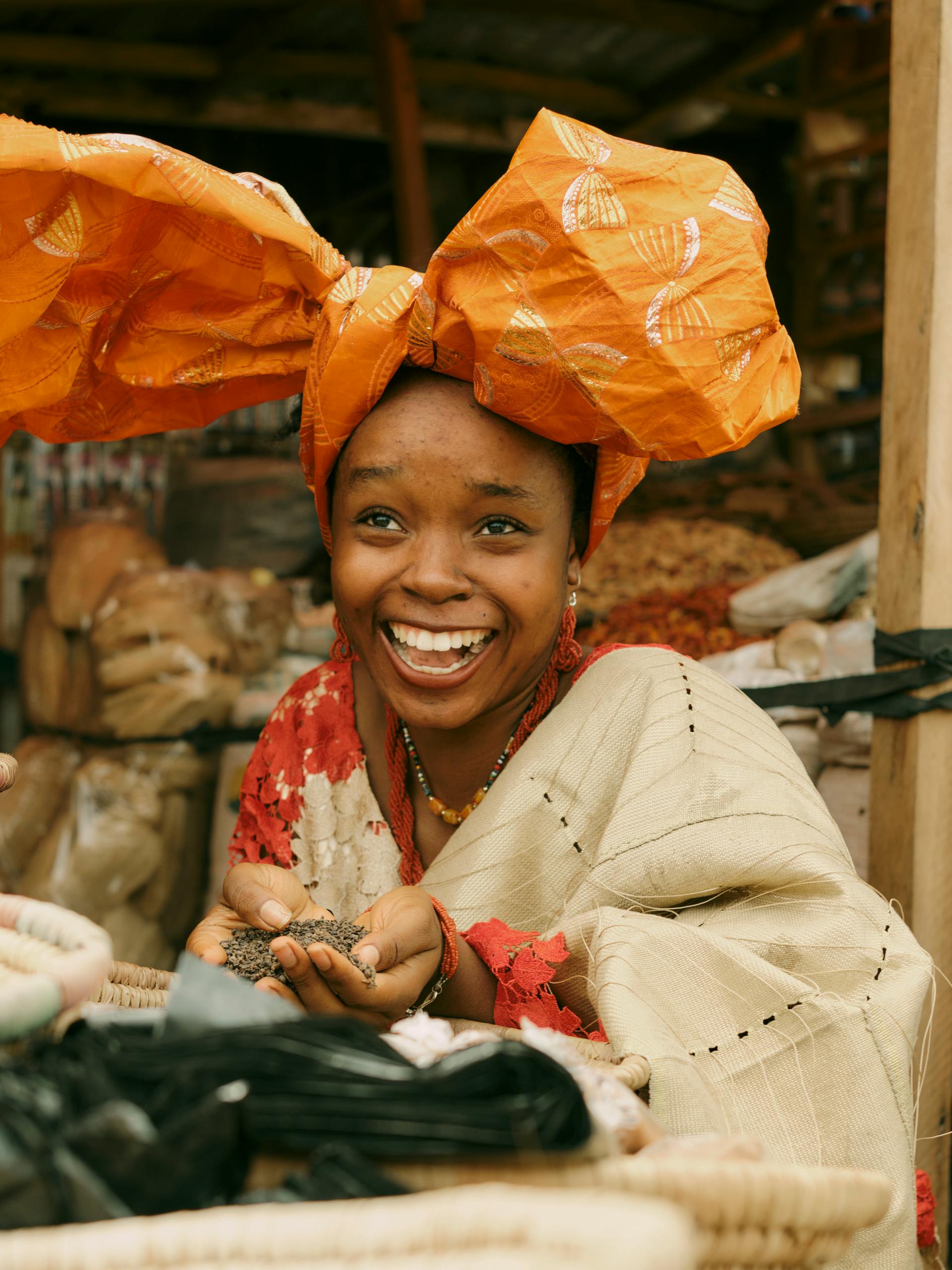
Author: Anthonia Andrew
While browsing social media lately, I came across a moving video of a woman dressing a deceased person in the outfit of a hairdresser. This heartfelt ceremony is part of a rich tradition in Ghana, where the deceased are celebrated based on their careers or interests during their lifetime. Curious about this intriguing cultural practice, I explored further into what is known as Abebuu Adekai or Fantasy Coffins.
In Ghana, especially within the Ga community, death is viewed not just as a tragic occurrence but as a celebration of life. The Abebuu Adekai tradition captures this spirit, blending art, culture, and respect in a distinctive way. In this tradition, the deceased are honored with a vibrant send-off that represents their identity, embodying the Ghanaian belief in honoring both life and legacy.
The Abebuu Adekai tradition has its origins in the 1950s among the Ga people of Ghana’s coastal areas. This practice is rooted in the belief that life should be celebrated with respect and that it is important to honor ancestral ties. Fantasy Coffins serve not only as burial places but also as significant tributes to the deceased’s life, career, and values.
Created by talented artisans, Fantasy Coffins are elaborate works of art. Each coffin design reflects the deceased’s profession, interests, or important symbols from their life. For example:
– A fisherman might be buried in a coffin shaped like a fish.
– A teacher could be commemorated with a coffin that looks like a book or an apple.
– A musician might be dressed in performance clothes and placed in a guitar-shaped coffin.
– A farmer could wear traditional farming attire, while a football player might be honored with their favorite team’s jersey.
The variety of designs not only showcases personal identities but also serves as a visual representation of their histories.
Fantasy Coffins come in a wide range of forms, including airplanes and fruits, displaying an impressive assortment of shapes and sizes. While the Ga people are the most well-known for this custom, there are regional differences. The Akan people often highlight gold and colorful clothing, whereas the Ewe people place greater emphasis on traditional garments and culturally meaningful symbols.
Abebuu Adekai has gained international recognition, showcased in museums and cultural festivals worldwide. However, this increased visibility raises concerns about cultural appropriation and the commercialization of a profoundly sacred practice.
In light of these issues, initiatives are being implemented to document and safeguard the art of Fantasy Coffins. By training younger generations in this craft, the tradition can be maintained, while promoting Abebuu Adekai on a global scale highlights the significance of cultural heritage and encourages cross-cultural understanding.
Abebuu Adekai is more than just a funeral custom; it is a lively celebration of life, dignity, and connections to ancestors. As we delve into the imaginative realm of Fantasy Coffins, we are reminded of the importance of honoring our loved ones and the need to preserve cultural heritage for future generations.
Sources
– Thierry Secretan, Fantasy Coffins (2012)
– Regula Tschumi, The Fantasy Coffins of Ghana (2014) – Roberta Bonetti, Ghana’s Fantasy Coffins: A Study of the Ga Tradition (2011)



